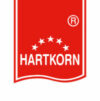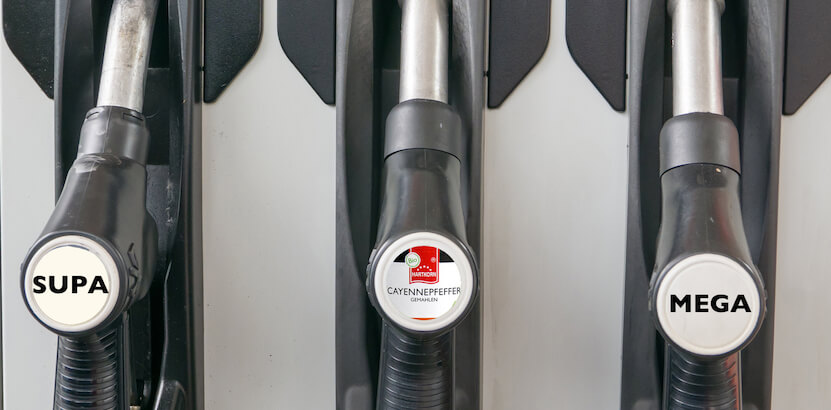Have you ever dealt with the topic of certification in the food sector? No? Then it is high time, because even if the topic is little known to end users, IFS certification is one of the most respected quality certificates in the food sector. That is why we have an independent institute audit us every year according to strict guidelines.
In the following blog post, we would like to bring the topic a little closer to you and explain to you what exactly is involved with HACCP and IFS.
Let’s start with the abbreviation HACCP, because this is the foundation of the IFS certificate, so to speak.
HACCP, also called the HACCP concept, is the abbreviation for “hazard analysis and critical control points”. In German, this means “hazard analysis and critical control points” and is aimed at the early detection of hazards for food (and thus also people) and their prevention. These dangers can be seen with the naked eye (e.g. foreign bodies such as glass or metal splinters) or they can also be microorganisms, e.g. Bacteria. Therefore, a detailed hazard analysis is carried out in order to then, e.g. at the critical control points in the manufacturing process to remove foreign objects by means of sieves or magnets or to be able to avoid quality defects through preliminary analyzes in the laboratory. In the case of temperature-sensitive products such as meat, for example, during storage and transport, care must be taken to ensure that the cold chain is not interrupted at any point and that the temperature of the product remains strictly within the predefined framework, which is precisely tailored to this product. All parties involved are obliged to carry out regular temperature measurements and to document them. Because since 2006 the legislator has prescribed that the requirements of the HACCP concept must be available in a documented version. These include u. A. Evidence of verification, work instructions for personnel or cleaning plans.
The abbreviation IFS stands for “internationally featured standard”, ie “international, enabled standard”. For many grocers, this certificate is a prerequisite for working with food manufacturers, i.e. The certificate guarantees that the previously agreed product specifications (product property specification of a buyer to the manufacturer / seller of the product) are observed. The food producer is checked annually for compliance with the certificate requirements.
HACCP is required by law, compliance with the criteria is checked by the surveillance authorities and sanctioned if necessary (administrative offense or criminal proceedings). IFS is a purely commercial agreement between two parties (trade and producer). Failure to comply will result in delisting and, if necessary, claims for damages.
We were able to successfully maintain our IFS certification last year and are proud to be able to offer our customers products with high quality and safety standards.







